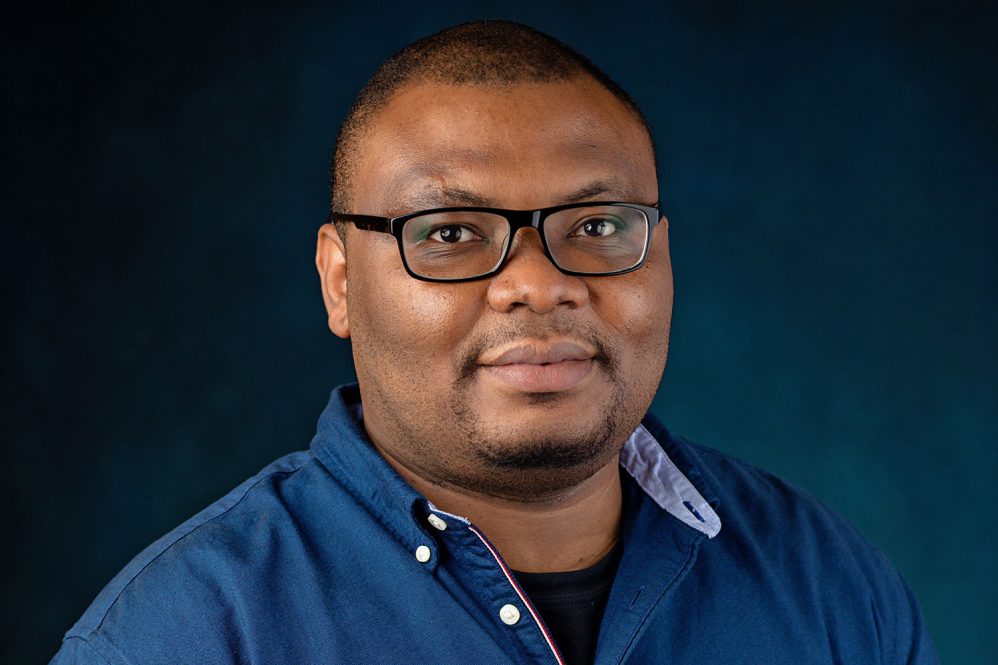Why did you choose UConn?
In my research for graduate programs, I found that UConn had one of the strongest programs in statistics research and teaching. I was drawn to UConn because most of the faculty are experts in my research area, biostatistics. I have always aspired to a philosophy of data driven analysis, which builds upon neat methodology and theory to help solve real-world issues, including health problems such as cancer and diabetes.
What is your area of study and why did you choose it?
My area of study is statistics. My passion for a degree in statistics heightened when I gained admission to the University of Ghana to pursue mathematical science, where I was able to apply statistical concepts in novel ways. One of my favorite things about statistics is using statistical methods to help solve real-life problems. I believe this degree will provide me with guidance and knowledge in developing new and using existing statistical methodologies to handle different types of health data in my country, Ghana.
What are your plans after graduation?
I will be joining the Department of Statistics at the University of Washington in Seattle, after graduation. I plan to enter academia and become a full professor. My goal is to incorporate diversity in the classroom and play an important role in advocating for educational equality and the advancement of equal representation amongst minorities in STEM.
What was your biggest highlight during your time at UConn?
At UConn, I was able to join organizations such as the Joint Statistical Meeting (JSM) Diversity Workshop and Mentoring Program, Eastern North American Region (ENAR), StatFest, and Math Alliance. These organizations bring together minority statisticians from early to mid-career levels to network with senior-level statisticians and faculty in academia, government, and the private sector. One of the main reasons for joining these organizations is to build a network and engage with people who are just like me, excelling in this field. It gives me the motivation and drive to succeed in this professional path.
What advice would you give to someone looking to pursue a graduate degree?
If you are interested in pursuing a Ph.D., you need enroll in a program where most of the professors in the department have your research interests. I think this is very important.
Who was your favorite professor/mentor and why?
My advisor, statistics professor Ofer Harel, guided me through my research by providing me with useful feedback, and he was very understanding. During my research, I was sick, and he told me to take some time off and focus on my health first. He always encouraged me to attend conferences and network with people in the field of statistics. By attending these conferences, I have gained several mentors and role models from other institutions.
What will you miss most about UConn?
I will miss the Department of Statistics, which has become a family to me. Everyone is kind and always wants to know how you’re doing. I am not from the United States, so having colleagues and professors act as family is very important to me. I also enjoyed hanging out with classmates every now and then to chat about life as a graduate student.



